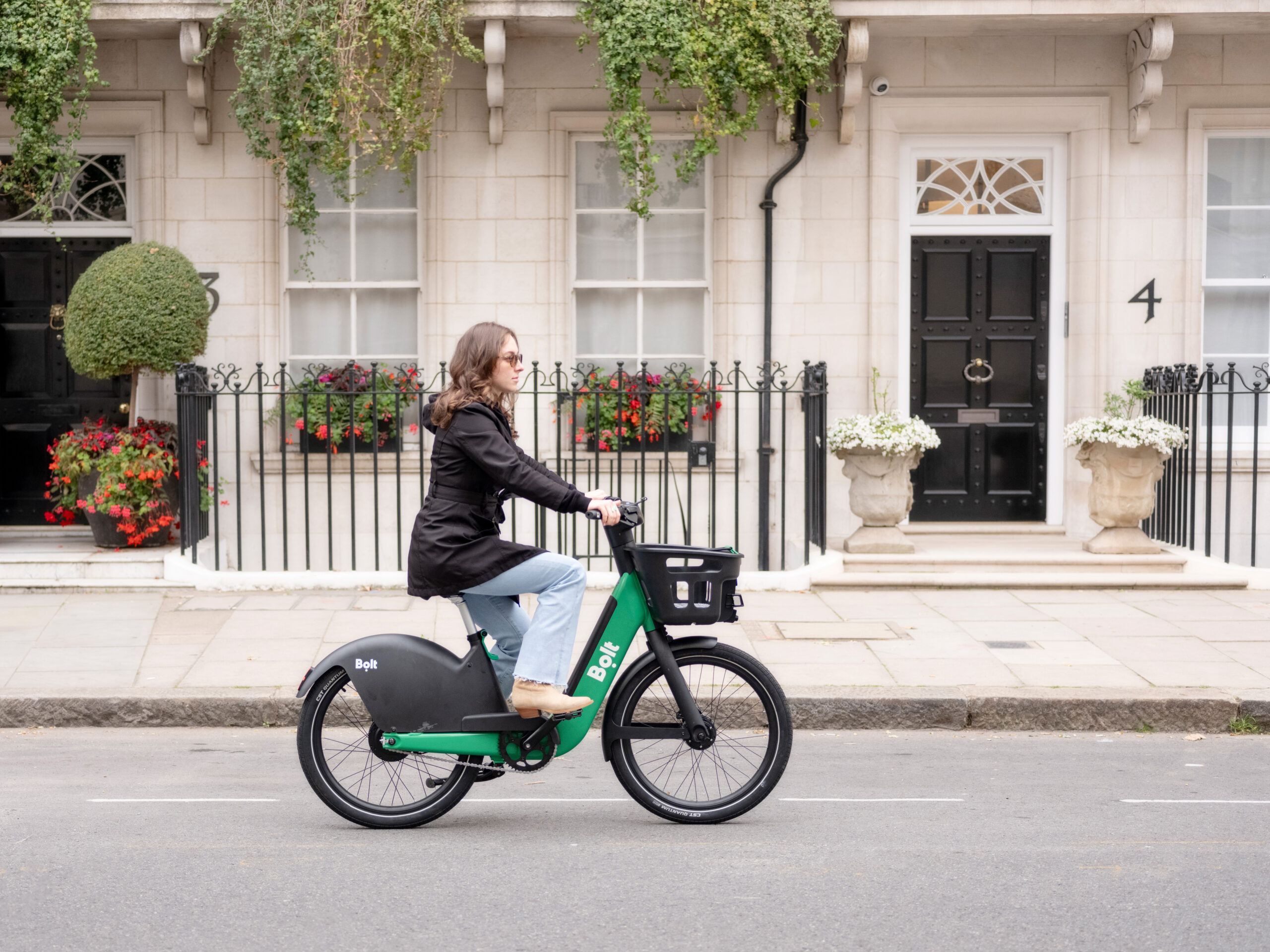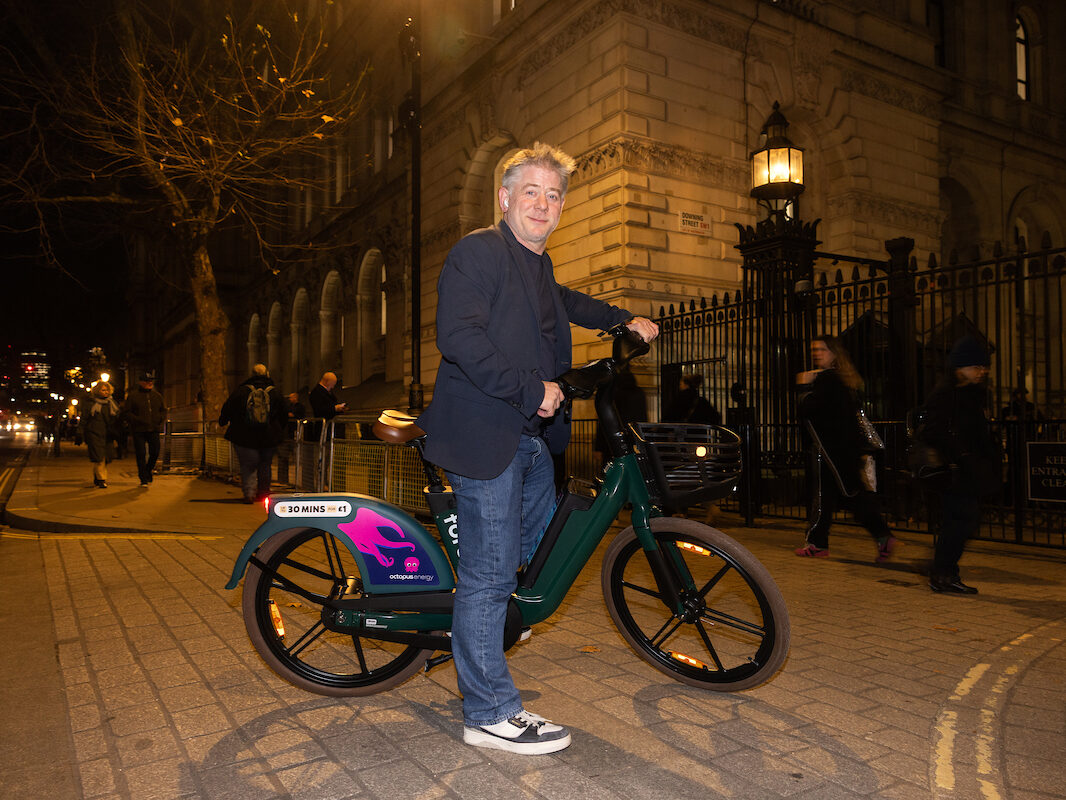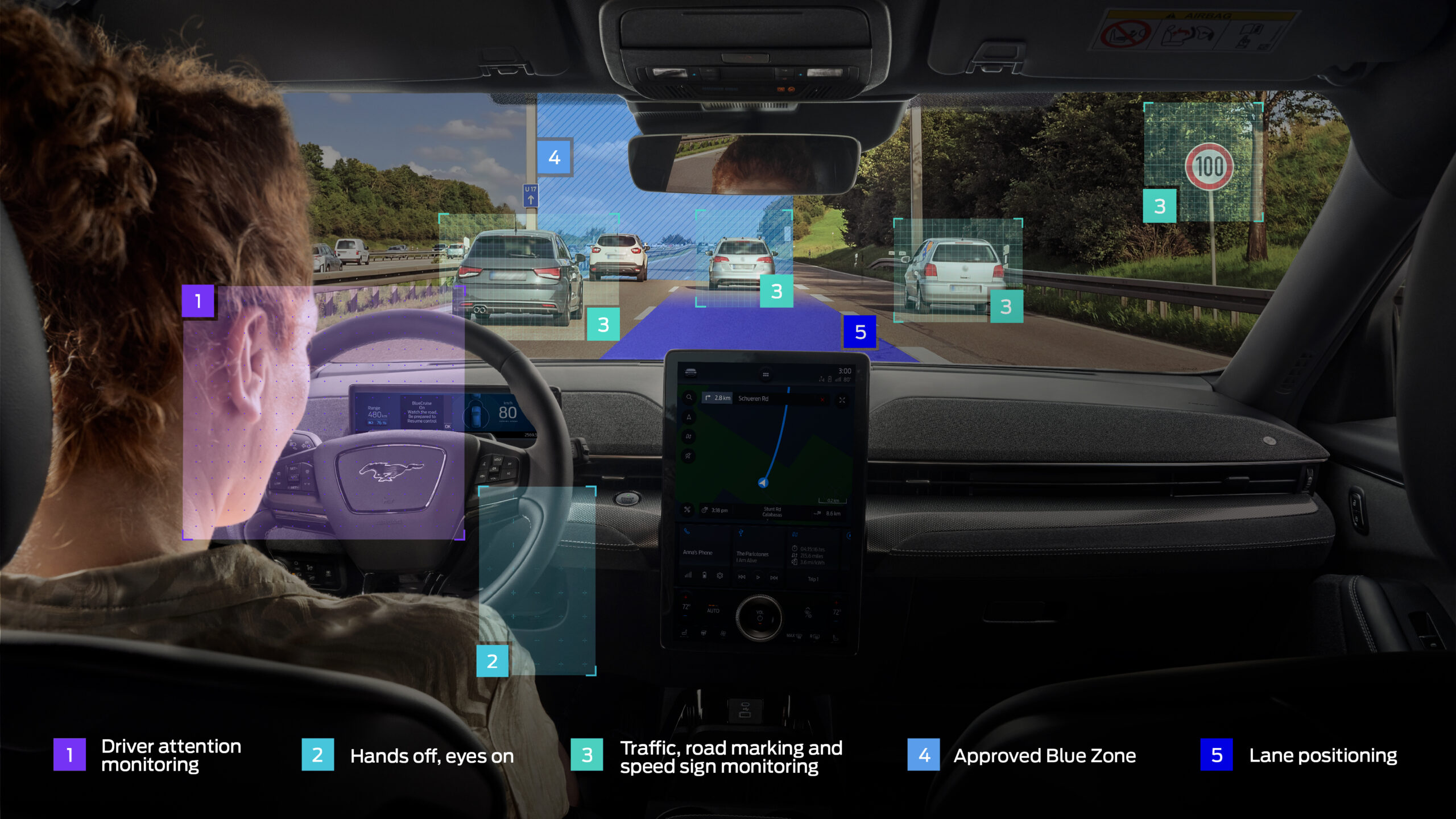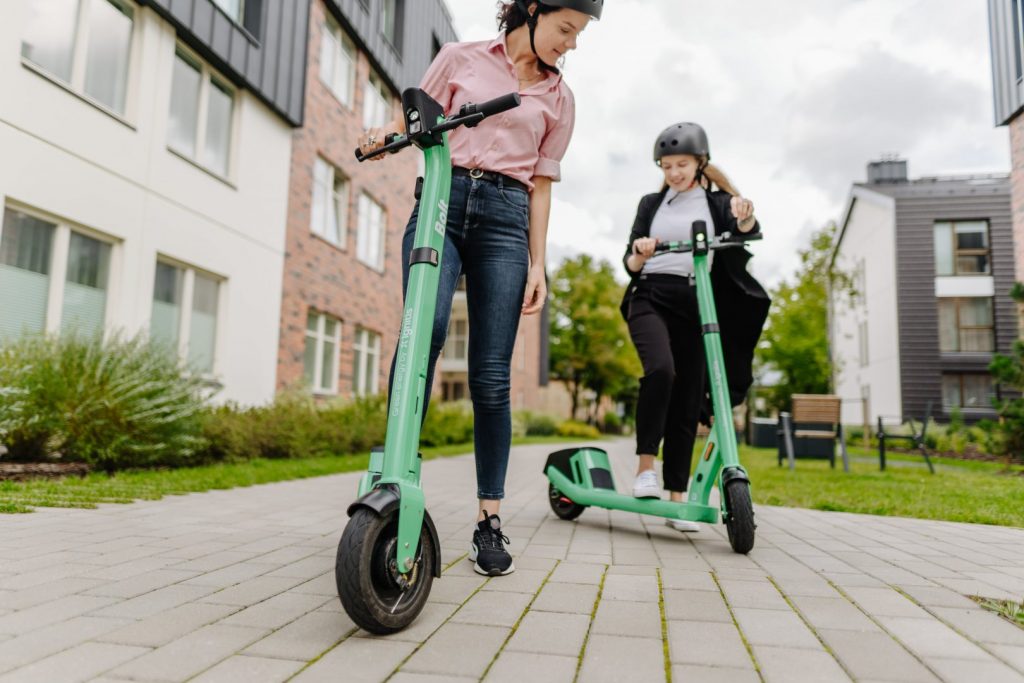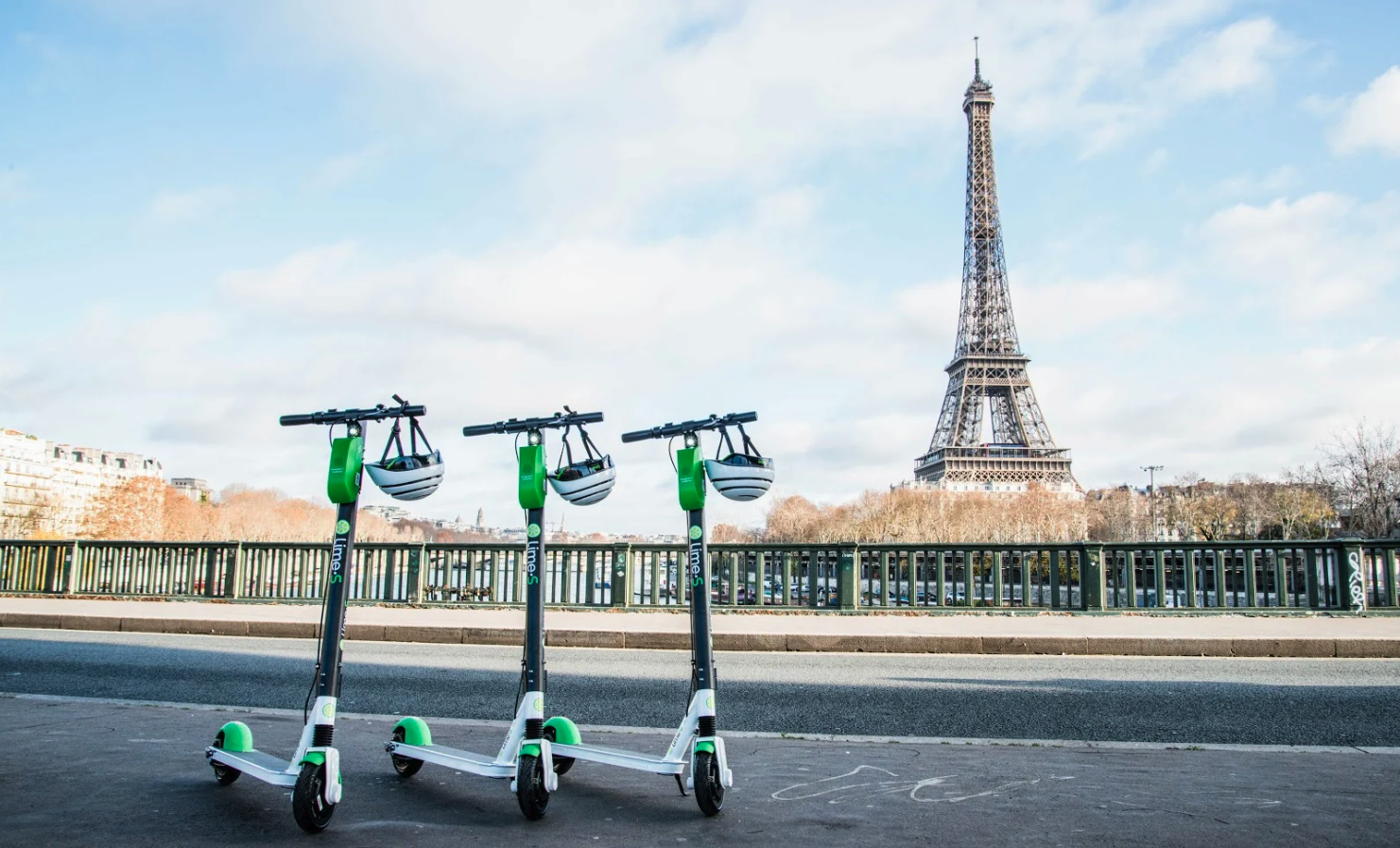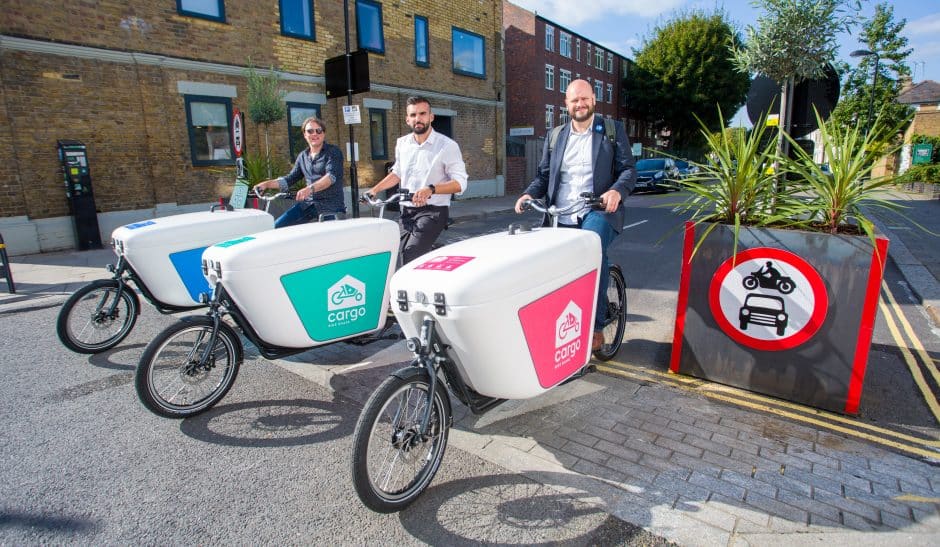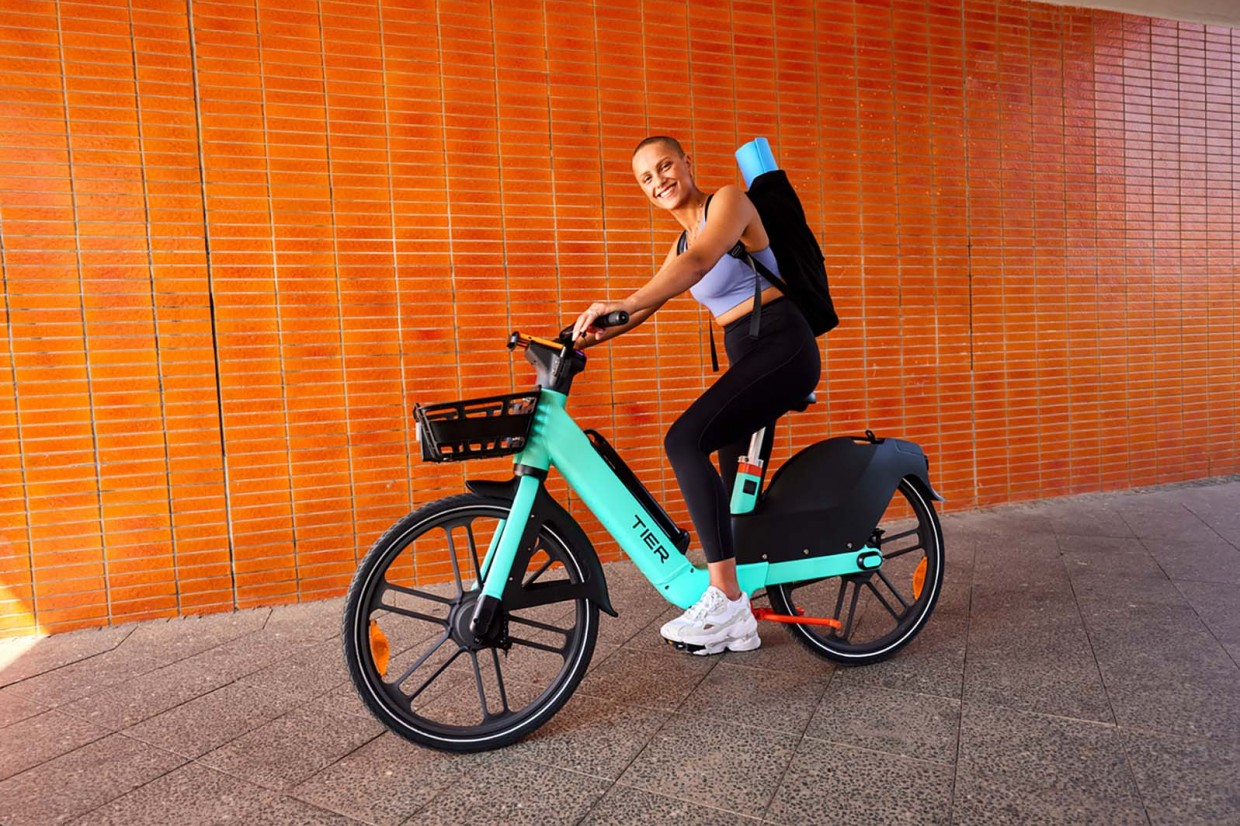Micromobility operator, Beryl has partnered with Fujitsu to launch a research project designed to improve the efficiency and sustainability of e-scooter operations on the Isle of Wight.
The project will use Fujitsu’s Social Digital Twin technology to help Beryl increase vehicle availability at convenient locations, while also reducing operational costs and carbon emissions.
This technology combines behavioural economics models and AI to produce simulations that mirror people’s behaviour in the real world.
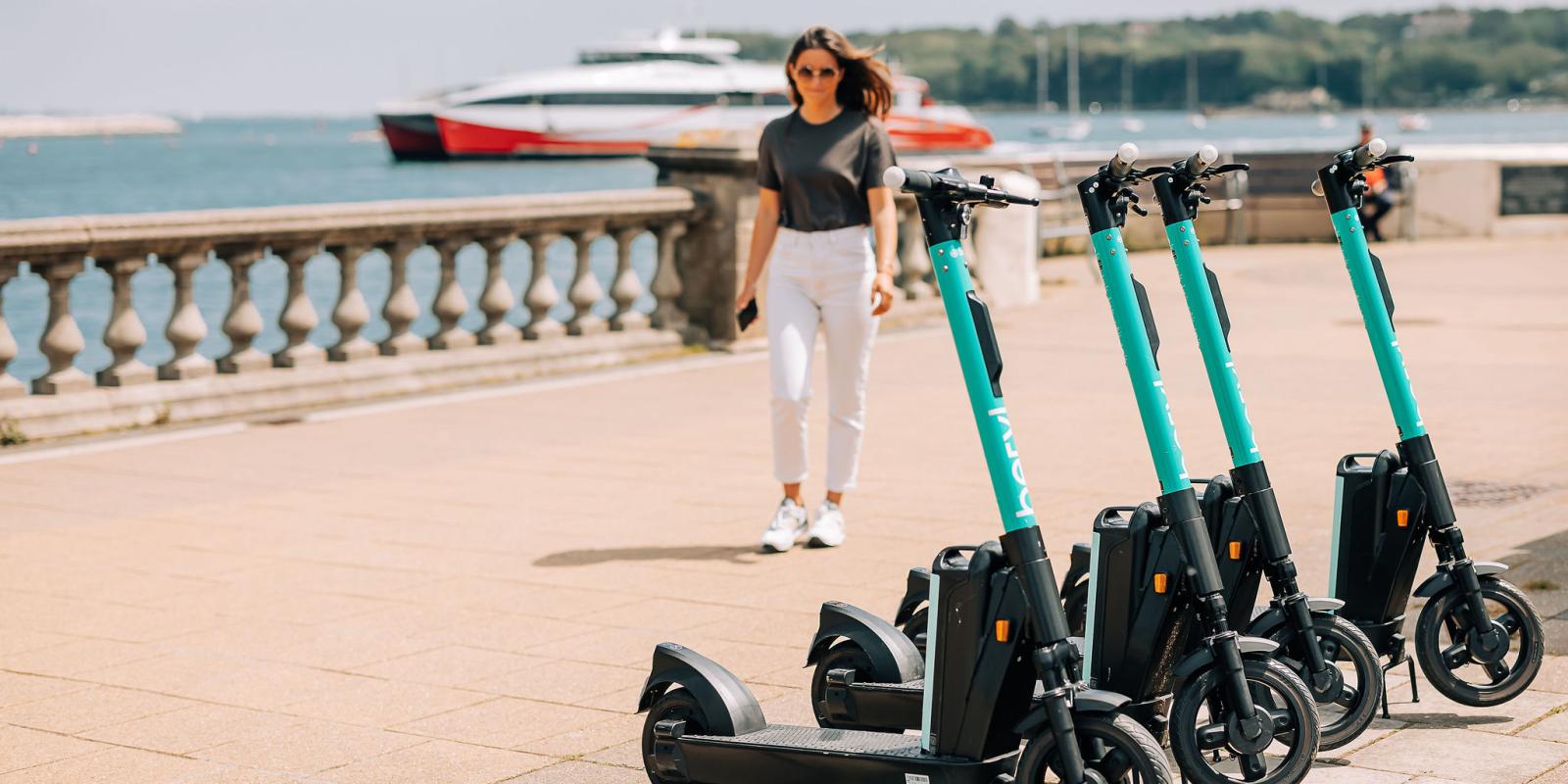
These simulations will help accurately predict the impact of specific incentives on people’s transport choices, such as offering discounted fees for users who return e-scooters to specific bays.
In addition, Beryl will use this technology to predict how changes will affect operating costs and its carbon footprint.
Beryl’s Chief Technology Officer, Sacha Manson-Smith, said:We’re really excited to be working alongside an industry leader, using the latest simulation technology to help boost the efficiency of our schemes and significantly improve the user experience.
Social Digital Twin will help Beryl to accurately predict how changes in human behaviour interact with evolving conditions in the environment, providing us with even higher levels of forecasting accuracy.
We can use this extra knowledge to introduce scheme improvements that support our aim of encouraging as many people as possible to take up sustainable transport options.
Test simulations using Fujitsu’s Social Digital Twin will take place on the Isle of Wight in May, before a more comprehensive programme is launched over the summer. The island was chosen for this study due to its geographically isolated location.
The model will use statistical data such as the population by area, open data such as weather and data on the movement of people between specific areas of the island.
Fujitsu Research’s Fellow and Head of Converging Technologies Laboratory, Daiki Masumoto, said:Fujitsu is committed to initiatives that build trust in society through innovation and our new ‘digital rehearsal’ technology is an example of how we can help better inform public policy and business planning.
The trials on the Isle of Wight use digital rehearsal technology to test in advance the effects of people switching from cars to e-scooters. Our ultimate aim is to bring business benefits to Beryl, reduce the damaging environmental and social effects of car use, inform transport policy on the Isle and positively contribute to the Isle of Wight’s wider economy.



